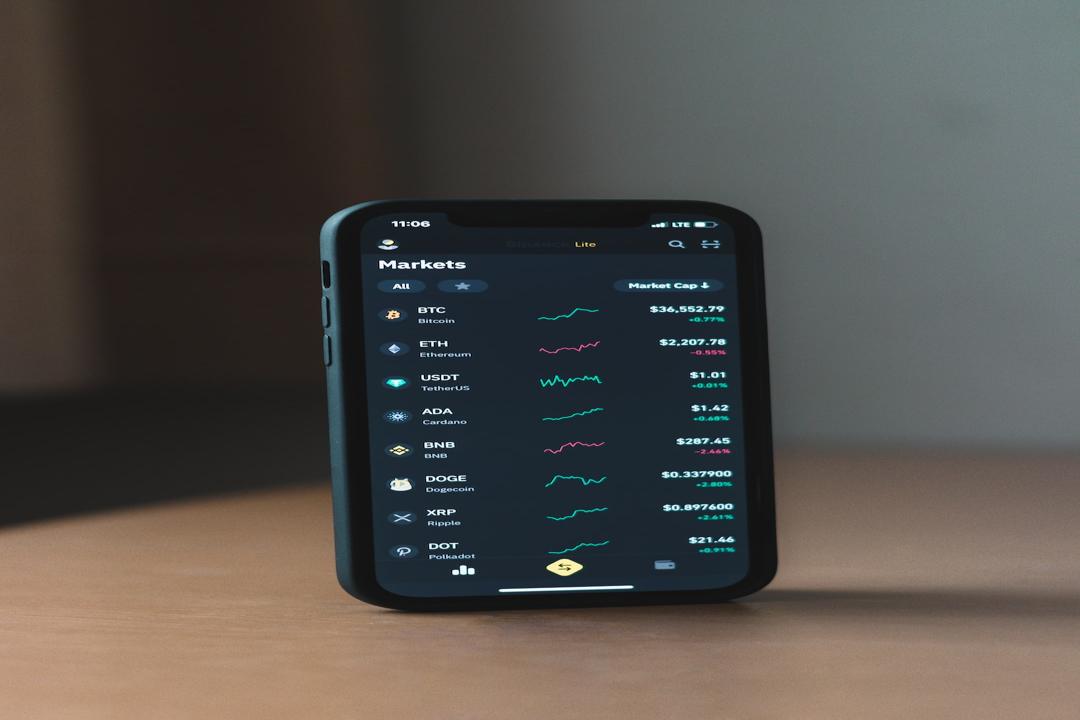Israeli fintech company Kima, in collaboration with Mastercard’s FinSec Innovation Lab, has embarked on a groundbreaking project aimed at linking decentralized finance (DeFi) tools with traditional services like credit cards and bank accounts. The objective of this initiative is to transform the concept of a “DeFi credit card” into a practical reality. Providing support for the project is the Israel Innovation Authority.
Kima, a peer-to-peer money transfer and payment protocol, operates its own blockchain without the use of smart contracts, which it considers to be unreliable and experimental. The company plans to expand its existing protocol and unveil a mainnet and token by the second quarter of 2024. In this endeavor, FinSec will serve as a Kima node and play a significant role as a shareholder within the network.
FinSec, backed by the Israel National Cyber Directorate, Finance Ministry, and Innovation Authority, is dedicated to collaborating with fintech and cybersecurity startups. The partnership between Kima and FinSec was officially announced in July 2023.
The primary focus of the project is to establish a bridge between DeFi and traditional finance, thereby assisting users in overcoming both technical and regulatory obstacles that hinder the adoption of DeFi. Eitan Katz, co-founder and CEO of Kima, emphasized the significance of this endeavor in a statement.
Kima has been experiencing rapid growth, with the company unveiling six integrations and forging 18 new partnerships in 2024 alone. These collaborations extend to ventures in Vietnam and Thailand. Additionally, Kima has joined the artificial intelligence protocol ChainGPT’s incubator. The company incorporates AI technology into its liquidity management algorithm.
FinSec supports a total of 16 companies, including Kima, while Mastercard is involved in various blockchain development projects. For instance, it is working with US banks on tokenized settlements using a shared ledger. Furthermore, Mastercard has partnered with crypto lending platform Nexo to develop a crypto-powered credit card in the European Economic Area. The company is also engaged in collaborative efforts with blockchains and payment providers to explore central bank digital currency.
Source: Israel21c

